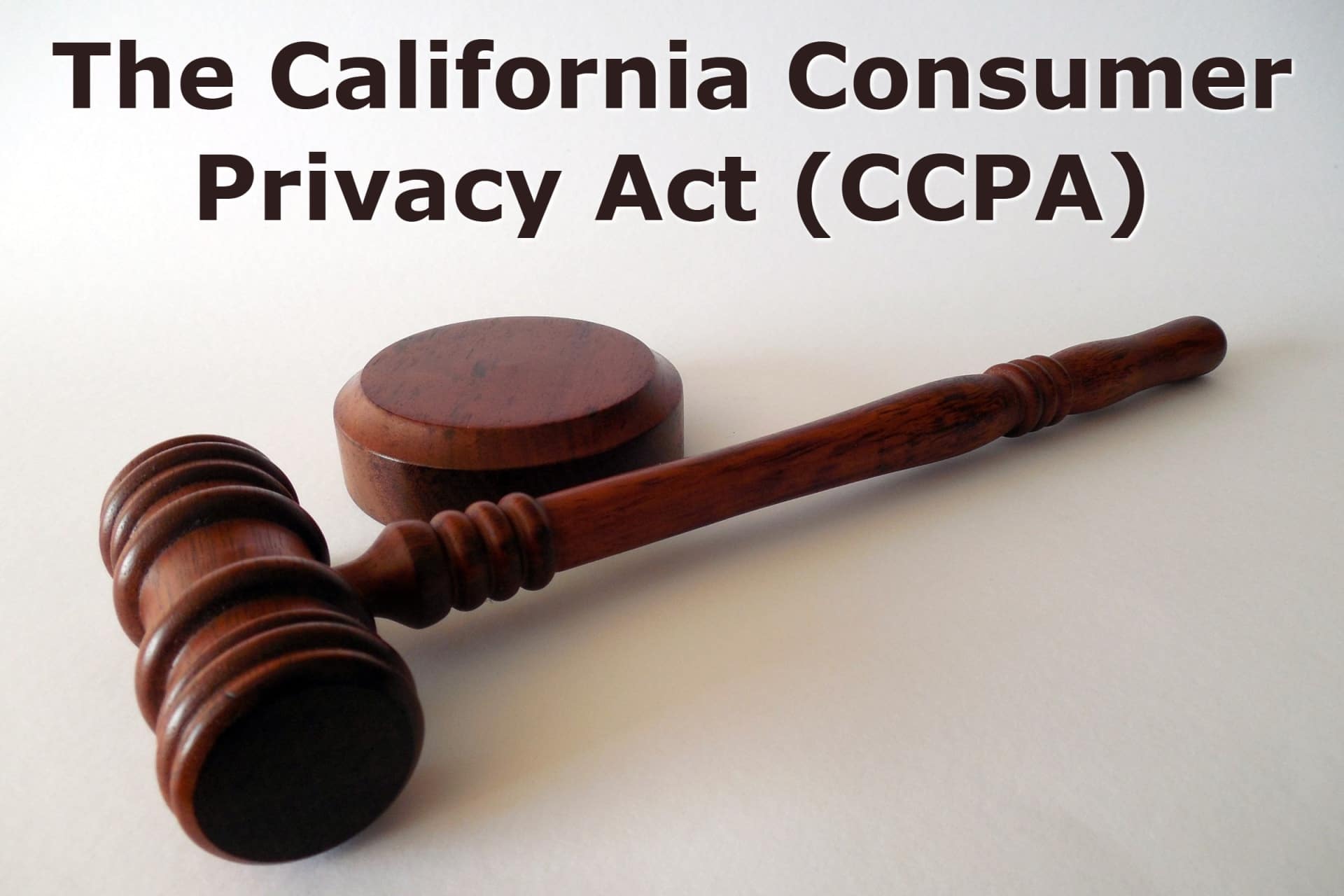The Fair Credit Reporting Act (FCRA) is the federal law which regulates credit reporting agencies. It also requires them to verify that the gathered information is fair and accurate. In addition, law protects consumers from misinformation that may be used against them. Credit reporting agencies must follow very specific guidelines when collecting and verifying information.
At DataMasters we help businesses and consumers understand how the law pertains to them. The information collected by credit reporting agencies serves many uses. It’s important that this information be as accurate as possible for the benefit of both consumers and businesses. The Fair Credit Reporting Act (FCRA) focuses on the three major credit reporting agencies. These agencies are Experian, Equifax, and TransUnion. The law also applies to credit unions, banks, and other agencies.
What You Need to Know about the Fair Credit Reporting Act (FCRA)
Credit reporting agencies gather, process, and archive credit information for more than 200 million Americans. That information is then sold to businesses who review the data to make decisions about consumer loans or credit. The data collected is also analyzed to determine the creditworthiness of US Consumers. The information is left to be interpreted by the purchasing company such as:
- Banks
- Credit Unions
- Mortgage Companies
- Credit Card Companies
Under the Fair Credit Reporting Act (FCRA) consumers have individual rights. These rights include:
- Access to a free copy of your credit report once per year
- Protected access that limits access to your file to those with valid needs
- Accurate reporting and the ability to dispute information
- Removal of outdated information after seven years (10 years for bankruptcy)
- Medical information privacy
- The ability to opt out of unsolicited credit offers for lines of credit and insurance
- Protection of personal account numbers and your social security number
- Notification of potentially negative information that may be reported
- The right to seek damages in court for violations of the Fair Credit Reporting Act (FCRA)
- Knowing why your credit report was used against you if you were denied credit, insurance, or employment
- Knowing your credit score from each credit reporting agency
The Fair Credit Reporting Act (FCRA) also includes many smaller acts. These acts focus on various arms of financial industry. By understanding each subsequent act you can gain a full understanding of everything included in the Fair Credit Reporting Act (FCRA).
Credit Card Act of the Fair Credit Reporting Act (FCRA)
The credit card act is one of three highly visible sections under the FCRA. It specifically states that credit card companies cannot increase interest rates on existing balances. It also enforces a requirement that credit card companies must give you at least 45 days’ notice prior to increasing rates for new balances. Credit card companies are also required to provide regular payment deadlines to their customers.
Dodd-Frank Act
While the Dodd-Frank Act is part of the Fair Credit Reporting Act (FCRA) it also stands on its own. This act prevents financial institutions and creditors from using unfair practices that could lead to a recession. It monitors information that is provided to consumers to make sure the information is clear and accurate. It essentially forces large financial institutions to be transparent and more accountable for their actions and information.
The Dodd-Frank Act is serviced by the Consumer Financial Protection Bureau. The CFPB provides consumers with a voice and the ability to dispute wrong doings of the financial industry. Another source of consumer protection is the Volcker Rule. This restricts high-risk investments that banks can make with funds from their own accounts. It specifically prevents banks from investing in situations that can endanger their customers.
Another consumer protection agency that sprung from the Dodd-Frank Act is the Financial Stability Oversight Council. They monitor and regulate companies who may pose a threat to the economy. Members include:
- Chairman of the Federal Reserve Board
- Chairman of the Federal Deposit Insurance Corporation
- Comptroller of the Currency
- Chairman of the Securities and Exchange Commission
- Chairman of the Commodity Futures Trading Commission
- Director of Federal Housing Finance Agency
- Chairman of the National Credit Union Administration
- Director of the Bereau of Consumer Financial Protection
- Senate-confirmed independent member with insurance expertise
This board monitors and recommends regulatory measures for companies who could cause significant risks or credit problems in our financial market.
The SEC Office of Credit Ratings is another part of the Dodd-Frank Act. It also protects investors by enforcing fair markets.
Fair and Accurate Credit Transactions Act
The Fair and Accurate Credit Transactions Act also falls under the Fair Credit Reporting Act (FCRA). This act protects consumers against identity theft. It also outlines consumers’ rights to finances and repairs damage to credit reports. It gives identity theft victims the right to:
- Request and obtain documents related to any fraudulent dealings
- Request and obtain relevant information from debt collectors
- Place a “Fraud Alert” on their credit reports
- Request a “Block” on information resulting from identity theft
- Receive free copies of their credit reports
- Request that businesses don’t report information related to identity theft
Active duty military personnel also have a special right under FACTA. They are specifically able to place an “Active Duty” alert on their credit report. The alert protects active duty military personnel during deployment. It does this by forcing creditors take extra steps to verify identity.
The Importance of the Fair Credit Reporting Act (FCRA)
Our credit scores can greatly impact our lives. This makes honest and fair credit reporting a necessity for our economy. Incorrect information can lead to problems for consumers and businesses alike. Understanding the Fair Credit Reporting Act (FCRA) is the first step to protecting yourself as a consumer or as a business owner. Consumers can ensure that information on their credit reports is accurate. Business owners can also protect their businesses.
Call DataMasters now at (469) 549-1800 to learn more about the Fair Credit Reporting Act (FCRA).
Everything You Need to Know about the California Consumer Privacy Act (CCPA)
Back on June 28, 2018 the state of California passed the California Consumer Privacy Act. This law helps protect...
GDPR: What New Privacy Laws Mean for Email Marketers
The European Union (EU) has always been somewhat disjointed when it comes to uniformity of laws from one member...
What does it mean to be GDPR Compliant?
If you’re a business owner, than you need to know what GDPR is and how it can affect your marketing efforts. Chances...



